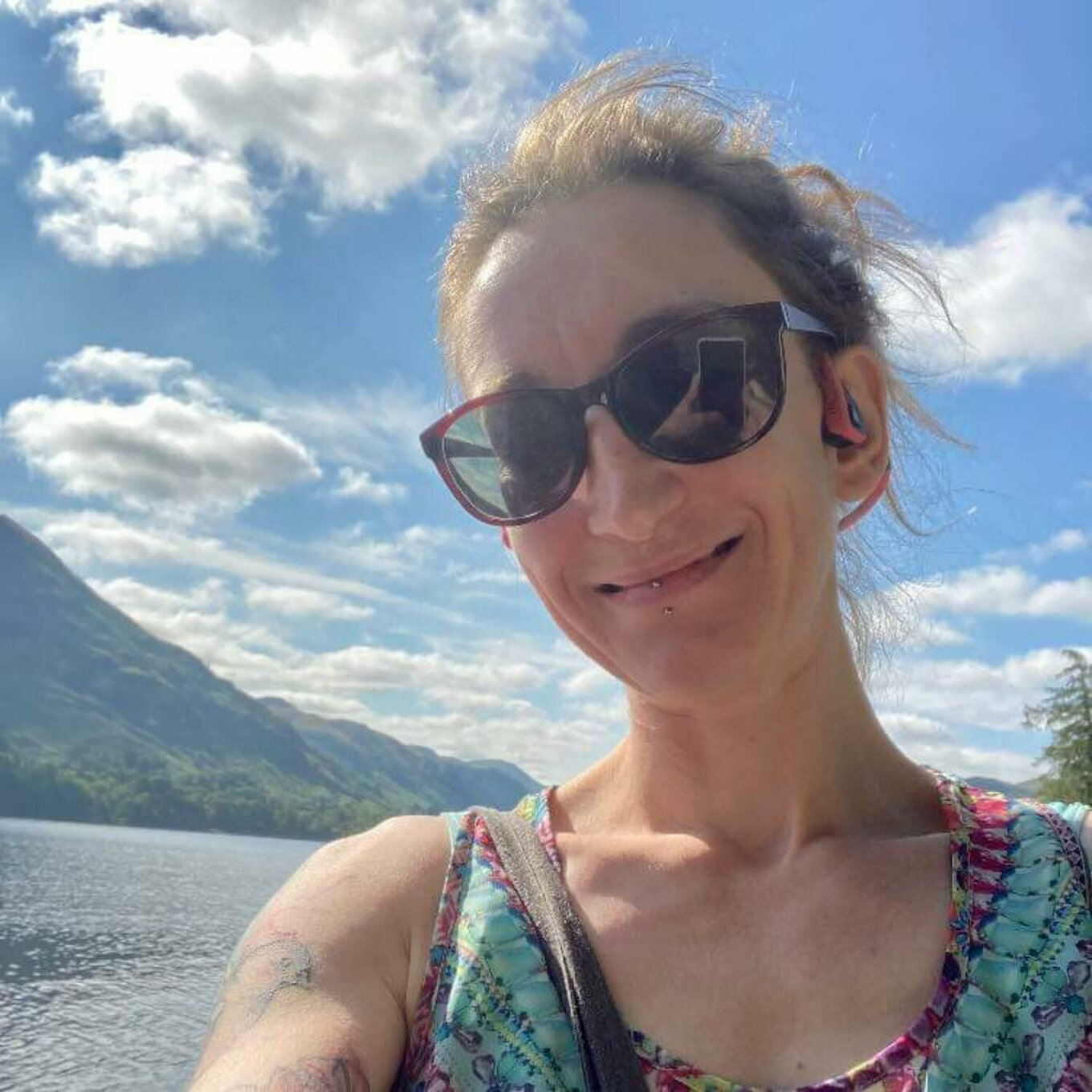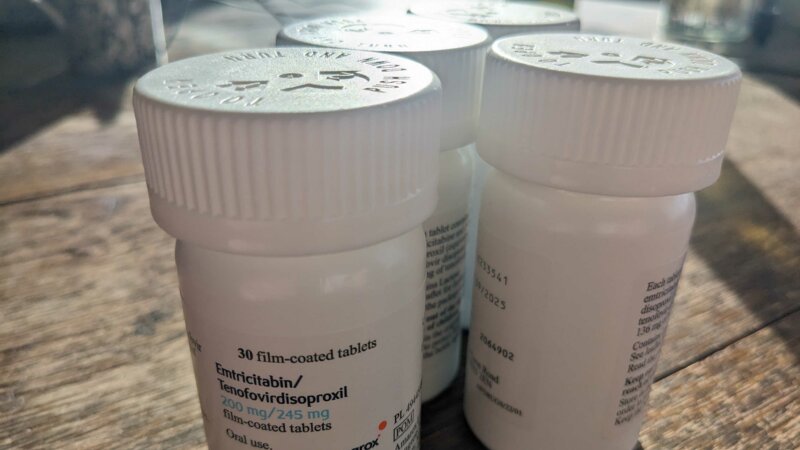Misunderstood and misdiagnosed: Life with Dissociative Identity Disorder
DID affects 1.5% of the population but few people understand the devastating impact it has on a person’s life. We learned more from a Sheffield woman who believes she has the condition.
Dissociative Identity Disorder (DID), formerly known as Multiple Personality Disorder, is a sometimes controversial psychiatric diagnosis. Many people don’t believe it exists, while others think it is a manifestation of something else. However, DID is a legitimate mental health condition. Mental health charity Mind says:
If you have dissociative identity disorder you will experience severe changes in your identity. Different aspects (states) of your identity may be in control of your behaviour and thoughts at different times.
And the NHS says:
The main symptoms of DID are memory gaps about everyday events and personal information and having several distinct identities.
UK stats are difficult to pin down, but a US study suggested that 1.5% of the population have the condition.
Amber Ainsworth realised they had DID two years ago. They have a number of 'alters' (alternative personalities) within their overall 'system' (the body and mind that they all inhabit). Each has a different name, age and personality, and the alters all appear to have had a role to play in Amber processing trauma she went through at the age of two.

She explains, “I'm Amber, the one that does massage therapy and myofascial release. Penelope is this troubled genius, who is amazing and tenacious and got my degree and writes so well, which is where Mia and Maya get it from. They’re just spewing poetry on Instagram. And I just let them get on with it. It's processing. It's good for us all and it's raising awareness.”
Amber explains DID from a personal perspective:
First of all, it's that we're many people, one body. The next point always seems to be that this is a disorder caused by trauma. And it's that when we're young, we're separate states, and that unites and forms a single solid personality between the ages of six and nine. When you start building amnesia, it doesn't happen. So all these parts develop independently. Thanks to amnesia, and the dissociation, it's invisible.
It was through their work in myofascial release, an alternative therapy, that Amber became aware of the alters.
Two months before my 38th birthday, I realised there was someone else in my head.
One night I've a couple of whiskeys, I've smoked a few joints and I start talking to this person in my head who’s talking back.
There was just a lot of confusion. And then on Christmas Eve, again, just had a smoke, probably had a drink. It was 2020, the lockdown Christmas. And so me and my husband are here in Sheffield, and we drove to my home town on Christmas Day and that night, I just suddenly felt like I regressed. I was just suddenly six years old. I didn’t know what was going on. I thought I was going crazy.
I thought I'd regressed but then I realised that no, she actually she's separate to me.
That night I wanted to pick up a pen and paper start writing. 'I am Amber. I am Isabel. I am Maya. I am Mia'.
For those who remain sceptical about the diagnosis of Dissociative Identity Disorder, Carolyn Spring - an author and trainer on trauma issues - says the following:
All the science in the world won’t convince people – just think global warming nowadays or the dangers of cigarette smoking in the 1960s. At the end of the day I am convinced that dissociative identity disorder is real because it is part of my day-to-day existence. I am reassured that there are some scientific studies emerging that validate my experience, as well as hypotheses such as the theory of structural dissociation (van der Hart et al, 2006) [...].
But just because some people make it up, consciously or otherwise, doesn’t mean to say that it doesn’t exist, just like the analogy of pseudo-pregnancy [i.e. that just because some people fake pregnancy does not mean pregnancy is not real]. If we could get away from the Sybil stereotypes, it might help, but the sad thing is that we suffered disbelief and denial as children and this is re-enacted for us in so many contexts again as adults. It is distressing enough to suffer from dissociative identity disorder as it is, without the added weight of people not believing that it even exists.
Writing would prove to be an important tool for Amber and their system to process what was happening to them.
“We wouldn't know anything that had happened if we hadn’t written it down.”
As it is a stigmatised and misunderstood condition, people being misdiagnosed is a particular concern for Amber.
“How many people are walking around with diagnosis of borderline and bipolar and it doesn't matter what they do, they're not going to get better because they're treating the wrong thing?”
In fact, Amber themself still does not have a formal diagnosis. Despite having a psychiatric nurse who firmly believes that Amber has DID, a psychiatrist instead diagnosed mixed dissociative conversion disorder after an hour and 20 minutes on the phone. Amber describes the doctor’s report as “horrific”.
“He thinks I'm the cliché, but he's the cliché. He's given me [a diagnosis of] false memory syndrome, projective identification - that I saw others like me and decided, manifested it.”
Because Amber now believes they understand what is going on in their mind, a formal diagnosis is not the be all and end all, but a formal diagnosis would provide some validation. They are waiting to hear back from Sheffield’s Single Point of Access, where people in a mental health crisis are referred.
At this point in the conversation, the alter Carys, who sounds excitable, joins in. She talks of some of the other alters, including Kai, whose intrusive thoughts joined in with self-destructive thinking of her own.
Speaking of Amber, Carys says, “Poor Amber, all these years going through life with this. We're lucky to make it this far. We're not through it.”
Life has not been easy for Amber, from their initial trauma at such a young age to the experiences of amnesia that ultimately gave way to an understanding of their current mental health condition.
I point out that it’s actually pretty resourceful of a person’s brain to say “nope” to an unbearable situation and to fracture, but that this cleverness has ultimately led to larger problems along the way.
Amber agrees: “Our brain got so effective. ‘Alright, this happened but we can't emotionally deal with this. So let's just compartmentalise it and put it back to sleep’.”
Asked what helps, Amber is clear: “Dog, yoga, family, Instagram, writing, writing, writing, writing, writing…
”Support from friends, too, even if they don’t fully understand: “There’s something really special in just being able to see someone else's pain and say, ‘Okay, I don't understand it. But I see you.’”








